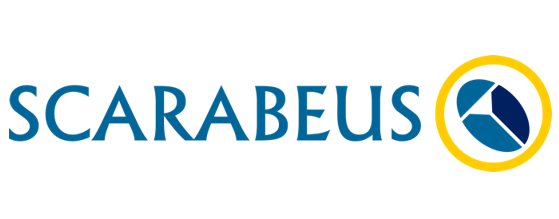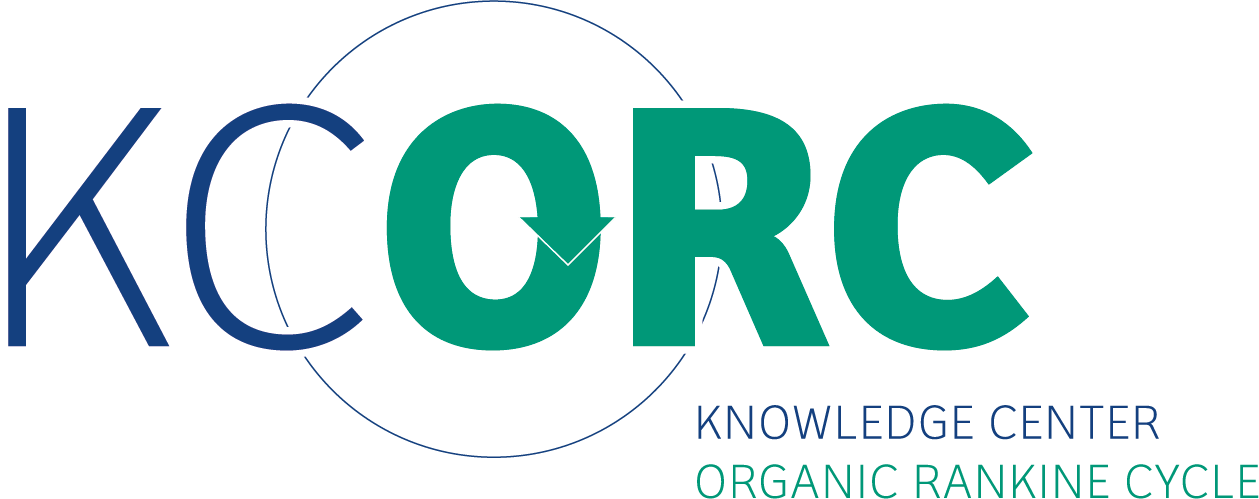Supercritical CARbon dioxide/Alternative fluids Blends for Efficiency Upgrade of Solar power plants

Project website: https://www.scarabeusproject.eu/
Time period: April 2019 to March 2023
Funder: Horizon 2020 (Grant agreement ID: 814985)
Total budget: 4,950,266.25 EUR
Short description:
Concentrated Solar Power (CSP) plants are set to play an important role in the energy supply mix in the twenty first century. Unfortunately, the Levelized Cost of Electricity (LCoE) of CSP (currently about 150 €/MWh) has not attained the level targeted (100 €/MWh) except for few installations in exceptionally good locations. As of today, many ongoing research projects aiming at enhancing the efficiency of the power block and reducing the associated costs are based on supercritical CO2 technology. However, relatively high ambient temperatures, typical in regions characterized by high solar irradiation, remain the Achilles heel of supercritical CO2 cycles as the efficiency of these systems drops dramatically in warm environments where ambient temperature is close to or higher than the critical temperature of CO2 (31°C), hence not allowing to adopt condensation (Rankine) cycles with expectedly higher efficiencies. This issue stems as an intrinsic critical hurdle for the future commercialization of CSP plants, which may be difficult to overcome by any means with the technology currently in use or with standard supercritical CO2 technology. To address this limitation, this project proposes a modified working fluid whereby carbon dioxide is blended with certain additives to enable condensation at temperatures as high as 60°C whilst, at the same time, still withstanding the required peak cycle temperatures. This presents a major breakthrough in CSP technologies as it increases the thermomechanical conversion efficiency from the current 42% to above 50%, bringing about large reductions in LCoE. There are two main areas of research in this project: the first is the identification of the optimal additive which would reduce the size and increase the efficiency of the power block. The second is the development of tailored heat exchanger designs, particularly for the air-cooled condenser, to operate with the innovative fluid as these are key enabling components for the proposed technology. Both actions will lead to a significant reduction of CAPEX and OPEX with respect to conventional CSP technologies.
The overarching objectives of the SCARABEUS project are:
- To develop a new working fluid based on blended supercritical CO2 that leads to significantly improved cycle performance with respect to state of the art technology, hence achieving the LCoE target <96 €/MWh;
- To demonstrate the thermal stability of the new working fluid at 700ºC for 300 hours in real working conditions;
- To demonstrate the feasibility of the condensation process performed at high (up to 60ºC) ambient temperature.
Partners:
- Politecnico di Milano (co-ordinator)
- Technische Universitaet Wien
- Universidad de Sevilla
- City, University of London
- Universita Degli Studi Di Brescia
- Kelvion Thermal Solutions
- Abengoa Energia
- Quantis

